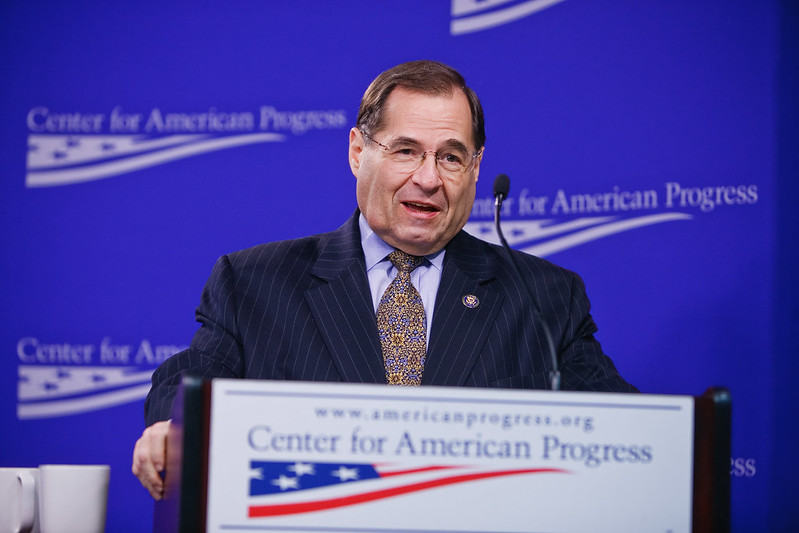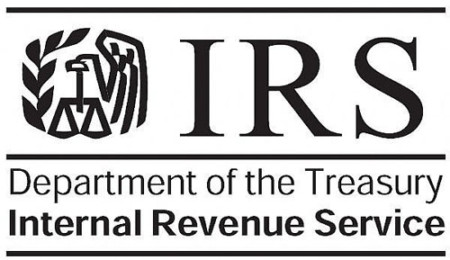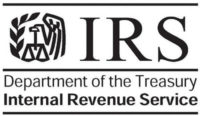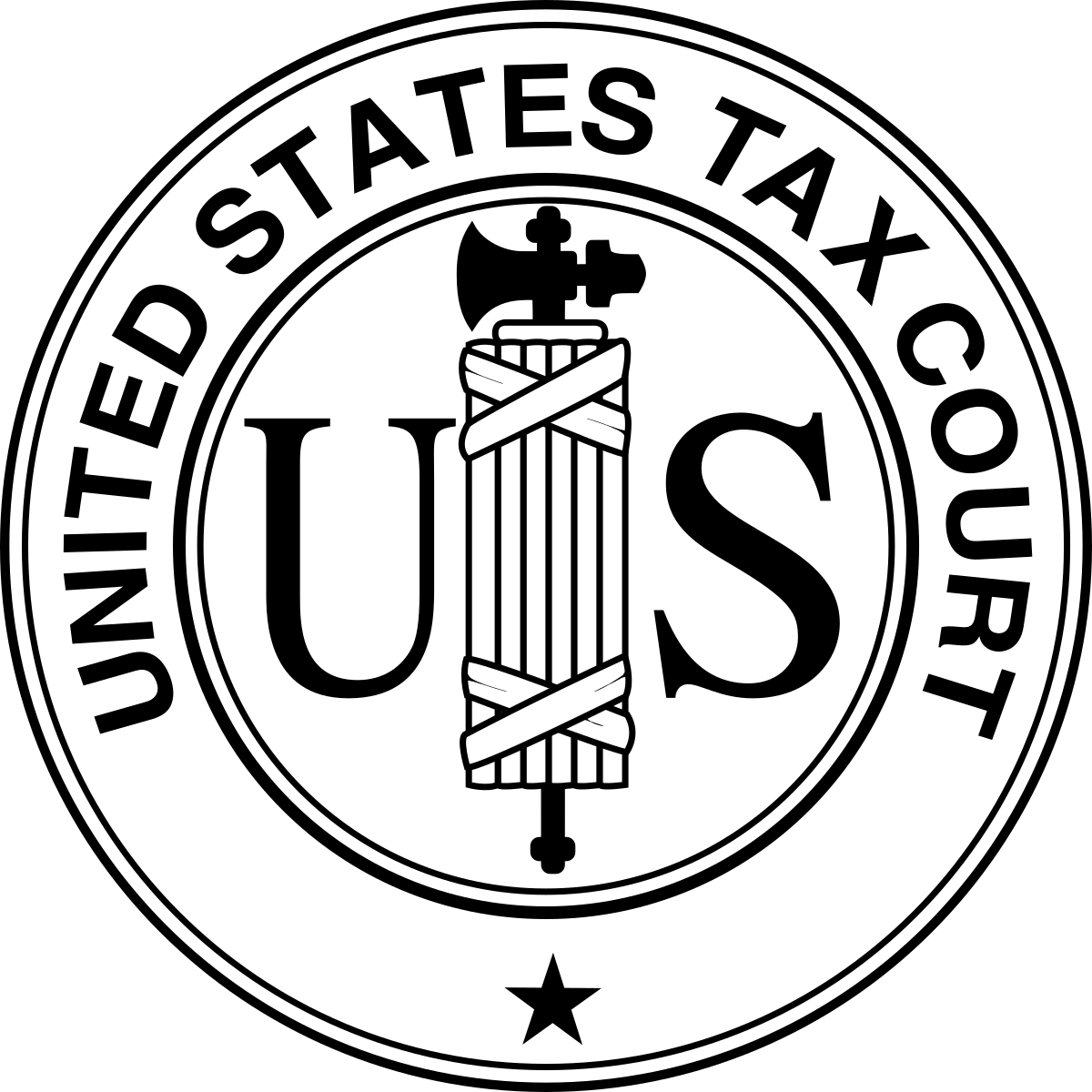| City |
County |
Measure |
Name |
Proposal |
| Adelanto |
San Bernardino |
S |
Adelanto Marijuana Tax |
To authorize the city to impose a tax on marijuana businesses of up to $5.00 per square foot on nurseries and up to 5% on other businesses. |
| Atascadero |
San Luis Obispo |
E-18 |
Atascadero Cannabis Business Tax |
To impose a tax on cannabis businesses at annual rates not to exceed $10.00 per canopy square foot for cultivation, 10% of gross receipts for retail cannabis businesses, 2.5% for testing laboratories, 3% for distribution businesses, and 6% of gross receipts for all other cannabis businesses. |
| Atwater |
Merced |
A |
Atwater Marijuana Tax |
To authorize the city to impose a 15% tax on marijuana businesses. |
| Benicia |
Solano |
E |
Benicia Marijuana Business Tax |
To authorize the city to impose a tax of up to $10 per square foot for marijuana nurseries and 6% of gross receipts for other marijuana businesses. |
| Capitola |
Santa Cruz |
I |
Capitola Marijuana Business Tax |
To authorize the city to tax marijuana businesses at a rate of up to 7% with no expiration date to fund general city purposes. |
| Chula Vista |
San Diego |
Q |
Chula Vista Marijuana Business Tax |
To authorize the city to tax marijuana businesses at the following rates: 5% to 15% of gross receipts or $5 to $25 per square foot for cultivation. |
| Colfax |
Placer |
C |
City of Colfax Cannabis Business Tax |
To tax cannabis businesses at annual rates not to exceed $10.00 per canopy square foot for cultivation (adjustable for inflation), 6% of gross receipts for retail cannabis businesses, and 4% for all other cannabis businesses. |
| Colton |
San Bernardino |
U |
Colton Marijuana Tax |
To authorize the city to impose a tax on marijuana businesses of up to $25.00 per square foot on nurseries and up to 10% on other businesses. |
| Emeryville |
Alameda |
S |
Emeryville Marijuana Business Tax |
To enact a marijuana business tax at a rate of up to 6% of gross receipts to fund general city purposes. |
| Fresno |
Fresno |
A |
Fresno Marijuana Business Tax |
To tax marijuana businesses at rates of up to $12 per canopy square foot and up to 10% of gross receipts for medical dispensaries and other marijuana businesses, with revenue dedicated to the city’s general fund an a community benefit fund. |
| Goleta |
Santa Barbara |
Z2018 |
Goleta Marijuana Business Tax |
To authorize the city to tax marijuana businesses at the following initial rates with a cap at 10% of sales: 5% for retailers; 4% for cultivators; 2% for manufacturers; and 1% for distributors/nurseries. |
| Hanford |
Kings |
C |
Hanford Cannabis Business Tax |
To tax cannabis businesses at an annual maximum rate of $7 per square foot of canopy for cultivation businesses using artificial lighting only, $4 per square foot of canopy for cultivation businesses using a combination of artificial and natural lighting, $2 per square foot of canopy for cultivation businesses using natural lighting only, and $1 per square foot of canopy for nurseries, 1% of gross receipts of laboratories, 4% of gross receipts of retail sales, 2% of gross receipts of distribution and 2.5% of gross receipts of all other types of cannabis businesses. |
| Hesperia |
San Bernardino |
T |
Hesperia Marijuana Tax |
To authorize the city to impose a tax on marijuana businesses of up to $15.00 per square foot on nurseries and up to 6% on other businesses. |
| La Mesa |
San Diego |
V |
La Mesa Marijuana Business Tax |
To authorize the city to tax marijuana businesses at rates of up to 6% gross receipts and up to $10 per square foot of cultivation. |
| Lassen |
Lassen |
M |
Lassen County Commercial Marijuana Business Tax |
To authorize the county to enact a tax on commercial marijuana at rates of between $0.50 to $3.00 per square foot for cultivation and 2.5% to 8% on gross receipts for other businesses, such as retail, distribution, manufacturing, processing, and testing. |
| Lompoc |
Santa Barbara |
D2018 |
Lompoc Marijuana Business Tax |
To authorize the city tax marijuana businesses at the following rates: $0.06 per $1 of non-medical retail sales proceeds; $0.01 per $1 of cultivation proceeds; $15,000 for net income less than $2 million of manufacturing/distribution proceeds; $30,000 for net income $2 Million or more of manufacturing/distribution proceeds; a total aggregate tax of $0.06 per $1.00 of microbusinesses proceeds; and no tax on testing. |
| Malibu |
Los Angeles |
G |
Malibu Marijuana Business Authorization and Tax |
To authorize the sale of recreational marijuana in the city and imposing a general tax at the rate of 2.5% of gross receipts on the sale of recreational marijuana. |
| Marina |
Monterey |
V |
Marina Marijuana Business Tax |
To authorize marijuana businesses to operate in the city and authorizing the city to tax marijuana businesses at rates of up to 5% of gross receipts, with revenue funding general city purposes. |
| Maywood |
Los Angeles |
CT |
Maywood Marijuana Business Tax |
To authorize the city to tax marijuana businesses at a maximum rate of 10% of gross receipts to fund general city purposes. |
| Moreno Valley |
Riverside |
M |
City of Moreno Valley Commercial Cannabis Activity Tax |
To enact a tax on cannabis sales and cultivation, not exceeding 8% of gross receipts and $15 per square foot of cultivation. |
| Morgan Hill |
Santa Clara |
I |
Morgan Hill Marijuana Business Tax |
To authorize the city to tax marijuana businesses at annual rates up to $15.00 per canopy square foot for cultivation and up to 10% of gross receipts for all other marijuana businesses. |
| Mountain View |
Santa Clara |
Q |
Mountain View Marijuana Business Tax |
To enact a tax on marijuana businesses of up to 9% of gross receipts to fund general city purposes. |
| Oakland |
Alameda |
V |
Oakland Marijuana Business Tax Amendments |
To amend the marijuana business tax law to: allow marijuana business to deduct the cost of raw materials from their gross receipts and to pay taxes on a quarterly basis; and allow the city council to amend the law in any manner that does not increase the tax rate. |
| Oroville |
Butte |
T |
Oroville Marijuana Tax |
To authorize an annual gross receipts tax on cannabis businesses at rate not to exceed 1%, with initial rates of 5% on retailers and manufacturers; 4% on cultivators; 3% on distributors; 2% on nurseries; 0% on testing laboratories; and 7% on microbusiness to generate approximately $300,000 to $600,000 in annual revenue. |
| Paso Robles |
San Luis Obispo |
I-18 |
Paso Robles Cannabis Business Tax |
To impose a maximum tax rate on every person or entity operating or conducting a cannabis business within the City a cultivation tax of up to$20.00 per square foot of space utilized in connection with the cultivation and processing of cannabis; a gross receipts tax of up to 10% for all cannabis transportation; a gross receipts tax of up to 15% for all cannabis manufacturing, testing, and distribution; and a gross receipts tax of up to 10% for dispensaries. |
| Pomona |
Los Angeles |
PC |
Pomona Marijuana Business Tax |
To authorize the city to tax marijuana businesses at rates of $10.00 per canopy square foot for cultivation and up to 6% of gross receipts for all other marijuana businesses to fund general city purposes. |
| Riverbank |
Stanislaus |
B |
City of Riverbank Cannabis Business License Tax |
To authorize the City Council of the City to impose a business license tax at a rate of up to 10% of gross receipts on cannabis businesses and dispensaries, to help fund general municipal services. |
| San Bernardino |
San Bernardino |
W |
San Bernardino Marijuana Tax |
To authorize the city to impose a tax on marijuana businesses of up to $10.00 per square foot on nurseries and up to 6% on other businesses. |
| San Diego |
San Diego |
AA |
City Council Marijuana Business Tax Measure |
To authorize the city to tax marijuana businesses at the following rates: $14 per square foot; up to 8% on manufacturing and distribution; up to 10% on medicinal retail; up to 12% on adult-use retail; and up to 3.5% on testing. |
| San Francisco |
San Francisco |
D |
San Francisco Marijuana Business Tax Increase |
To tax marijuana businesses with gross receipts over $500,000 at a rate between 1% and 5%, exempting retail sales of medical marijuana, and expanding the marijuana business tax to businesses not physically located in San Francisco. |
| Santa Ana |
Orange |
Y |
Santa Ana Recreational Marijuana Business Tax |
To authorize the city to tax marijuana businesses at rates of $0.25 to $35.00 for gross square footage and up to 10 percent for cultivating, manufacturing, distributing, selling, or testing. |
| Santa Clara |
Santa Clara |
M |
Santa Clara Marijuana Business Tax |
To authorize the city to tax commercial marijuana businesses up to 10% of gross receipts and up to $25 per square foot for cultivation. |
| Simi Valley |
Ventura |
Q |
Cannabis Business Tax |
To enact a maximum tax on gross receipts of cannabis businesses in the City after January 1, 2019, as follows: for testing, 2.5%; for retail sales, retail delivery, or microbusiness retail, 6%; for distribution not to consumers, 3%; for manufacturing, processing or nonretail microbusiness, and any other type of business not otherwise specified, 4%; and for cultivation, a tax per square foot of canopy ranging from $2.00 per square foot of canopy to $10.00 per square foot of canopy, depending on the type of lighting (artificial or natural) used. |
| Solvang |
Santa Barbara |
F2018 |
Solvang Marijuana Business Tax |
To authorize the city to tax marijuana businesses at an initial rate of 5 percent of gross receipts with a cap of 10 percent and a maximum annual increase of 1 percent. |
| Sonora |
Tuolumne |
N |
City of Sonora Cannabis Business License Tax |
To enact a business license tax at a rate of up to 15% of gross receipts on cannabis businesses, to help fund general municipal services; and increasing the City’s appropriations limit for the Fiscal Years 2019-2023 by the amount of tax proceeds received. |
| Suisun |
Solano |
C |
Suisun Marijuana Business Tax |
To authorize the city to impose a tax of up to $25 per square foot and 15% gross receipts for marijuana businesses. |
| Union City |
Alameda |
DD |
Union City Marijuana Business Tax |
To authorize the city to tax marijuana businesses at rates of $12.00 per square foot for cultivation and 6 percent of gross receipts for other businesses to fund general municipal services. |
| Vista |
San Diego |
Z |
Vista Retail Medical Marijuana Sales and Tax Initiative (November 2018) |
To authorize commercial retails sales of medicinal marijuana for up to 11 retailers and enacting a 7% tax on the business’ gross receipts. |
|
Contra Costa |
R |
Contra Costa County Marijuana Business Tax |
To authorize Contra Costa County to tax commercial marijuana businesses in the unincorporated area in the amount of up to $7.00 per canopy square foot for cultivation and up to 4 percent gross receipts for all other cannabis businesses to fund general County expenses. |
|
El Dorado |
N, P, Q, R, S |
Commercial Cannabis Tax Measures |
To impose a general tax on any independently authorized commercial cannabis activity in the unincorporated areas of El Dorado County at rates up to: $30 per square foot or 15% for cultivation; 10% for distribution, manufacturing, and retail; and 5% for testing laboratories, effective until amended or repealed, with estimated annual revenue of $1,900,000 to $52,800,000.
To authorize outdoor and mixed-light (greenhouse) commercial cannabis cultivation for medicinal use on parcels of at least 10 acres zoned Rural Lands, Planned Agricultural, Limited Agricultural, and Agricultural Grazing that are restricted in canopy size, required to pay a County commercial cannabis tax, and subject to a site-specific review and discretionary permitting process with notification to surrounding property owners and environmental regulation.
To authorize outdoor and mixed-light (greenhouse) commercial cannabis cultivation for recreational adult use on parcels of at least 10 acres zoned Rural Lands, Planned Agricultural, Limited Agricultural, and Agricultural Grazing that are restricted in canopy size, required to pay a County commercial cannabis tax, and subject to a site-specific review and discretionary permitting process with notification to surrounding property owners and environmental regulation.
To authorize the retail sale, delivery, distribution, and indoor cultivation of commercial cannabis for medicinal use on parcels zoned Community Commercial, Regional Commercial, General Commercial, Industrial High, and Industrial Low that are restricted in number and concentration, required to pay a County commercial cannabis tax, and subject to a site-specific review and discretionary permitting process with notification to surrounding property owners and environmental regulation.
To authorize the retail sale, delivery, distribution, and indoor cultivation of commercial cannabis for recreational adult use on parcels zoned Community Commercial, Regional Commercial, General Commercial, Industrial High, and Industrial Low that are restricted in number and concentration, required to pay a County commercial cannabis tax, and subject to a site-specific review and discretionary permitting process with notification to surrounding property owners and environmental regulation. |
|
Lake |
K |
Lake County Marijuana Business Tax |
To authorize the county to enact a marijuana business tax at the rates of $1.00 per square foot for nurseries and cultivators and between 2.5% and 4% for other businesses. |
|
San Joaquin |
B |
Unincorporated County of San Joaquin Cannabis Business Tax |
To impose a special tax on commercial cannabis businesses in unincorporated San Joaquin County at a rate of 3.5% to 8% of gross receipts, with an additional cultivation tax of $2.00 per square foot of cultivation space. |
|
Tuolumne |
M |
Tuolumne County Commercial Cannabis Business Tax |
The County to impose a 0%-15% gross receipts tax on commercial cannabis businesses (but no less than $0-$15 per square foot for cultivation businesses as annually increased by a consumer price index) in the unincorporated area of Tuolumne County, and to authorize the Board of Supervisors to implement and adjust the tax at its discretion, with funds staying local for unrestricted general revenue purposes, including but not limited to public safety, health,environmental protection and addressing industry impacts, unless repealed or amended by voters. |
 “The state came in for their audit then came back and suspended our license without us having a chance to further clarify or refute their findings,” the statement reads. “We hope the state appreciates that a business and its employees’ livelihoods and reputations are at stake. We are pursuing our options and all legal and equitable redress will be on the table.”
“The state came in for their audit then came back and suspended our license without us having a chance to further clarify or refute their findings,” the statement reads. “We hope the state appreciates that a business and its employees’ livelihoods and reputations are at stake. We are pursuing our options and all legal and equitable redress will be on the table.”
























 The California Cannabis Track-and-Trace system (CCTT) gives state officials the ability to supervise and regulate the burgeoning cannabis industry in the golden state.
The California Cannabis Track-and-Trace system (CCTT) gives state officials the ability to supervise and regulate the burgeoning cannabis industry in the golden state.


